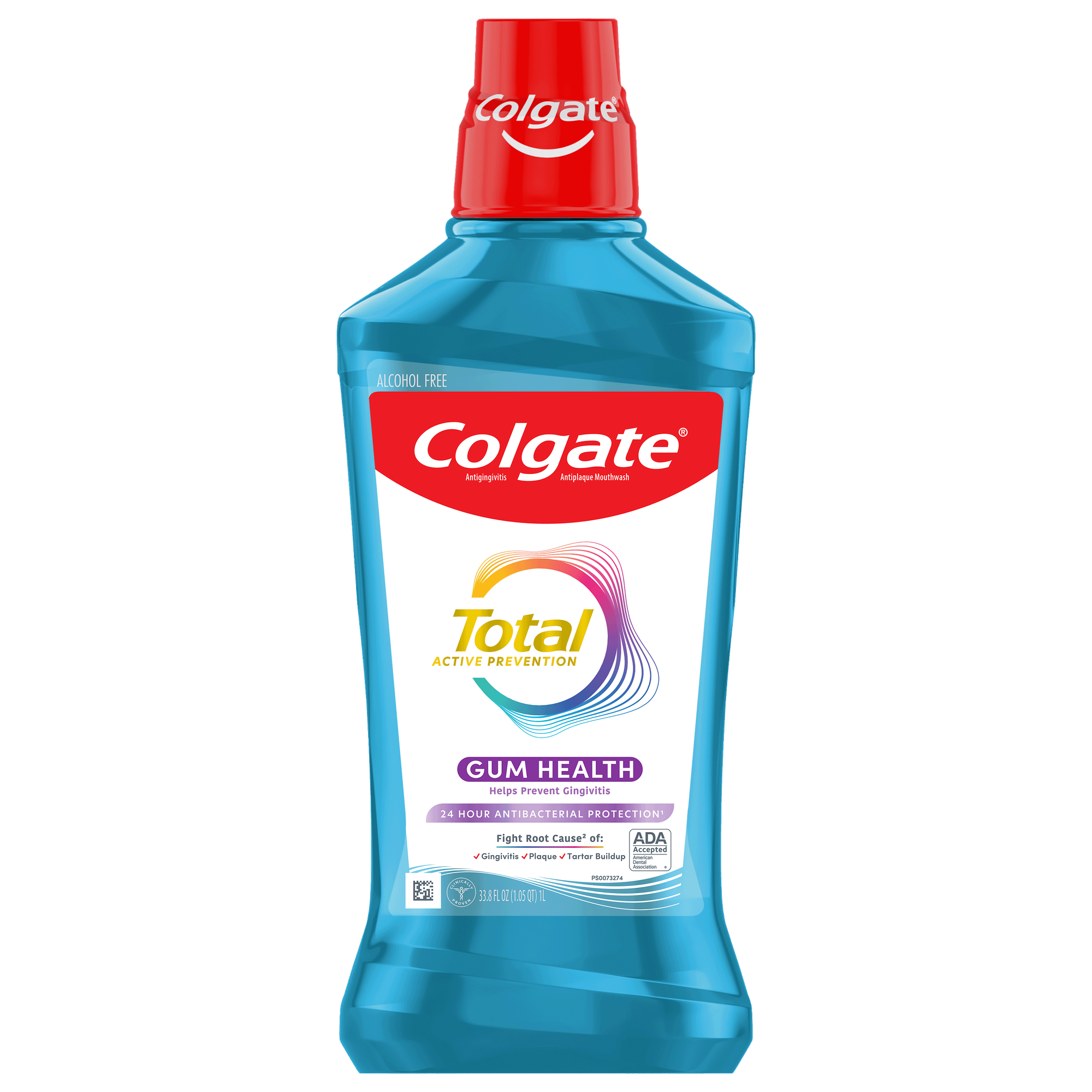-
-

FLUORIDE
What Is Stannous Fluoride Toothpaste?Discover what is Stannous Fluoride Toothpaste and its importance to prevent cavities and other oral health problems.

TEETH WHITENING
Whitening toothpaste - hydrogen peroxide vs. carbamide peroxideIf you lose one or more of your front teeth due to injury or decay, you may feel ...
-
Science & InnovationOral Health Commitment
- Oral Health Commitment
- Bright Smiles, Bright Futures
- Educational Resources
- Mobile Dental Van
- Volunteer
- ORAL HEALTH CHECK
- PRODUCT MATCH
- Oral Health and Dental Care | Colgate®
- Oral Health
- Salty Taste In Mouth & Diabetes: Complications And Remedies


Do you have a salty taste in your mouth, and you don’t know why? Well, if you have diabetes, a taste disorder can be one of the complications. If you don’t have diabetes but have a strange or salty taste in your mouth, you may want to talk to your dental professional and health care provider. Here are other symptoms and remedies that are good to know.
Diabetes and Taste Disorders
Having diabetes can put you at a greater risk for developing taste disorders, also known as Dysgeusia. Taste disorders can cause a bad, sour, or salty taste in your mouth. If you have diabetes and a taste disorder, you are at a higher risk of developing gum disease, dental cavities, and other oral problems.
Additional complications from diabetes affecting the mouth can include:
- Dry mouth – caused by high blood sugar levels
- Neuropathy – affects the nerves in your mouth, causing a burning sensation
- Sweet foods don’t taste sweet – if you have Type 2 Diabetes
Dry Mouth
High blood sugar levels, diabetes medications, and other medications can cause diabetes to have dry mouth (Xerostomia). Having a dry mouth can affect your sense of taste as well as impact chewing and swallowing. Plus, chronic dry mouth can lead to gum disease and cavities.
Complications of Salty Taste in Mouth
If you have a chronic taste disorder, you may discover that dry mouth is the cause of that salty taste in your mouth. That puts you at a greater risk of cavities and gum disease. You need saliva to wash away food particles and keep bacteria, causing tooth decay at bay. Regular checkups with your dental professional are key.
Remedies for Salty Taste in Mouth for Diabetics
Here are lifestyle improvements and home remedies to help alleviate dry mouth and taste disorder symptoms:
- Don’t smoke
- Avoid breathing through your mouth
- Rinse daily with an alcohol-free mouthwash
- Sip water regularly throughout the day
- Replace sugary and salty foods with fruits and veggies, which are high in water
- Chew sugar-free gum or suck on sugar-free candies to stimulate saliva
Having diabetes can put you at risk for developing a taste disorder, such as having a salty taste in your mouth that won’t go away. You could also have a dry mouth, which can lead to poor oral health. A salty taste in the mouth doesn’t always mean something’s wrong. And there are ways to remedy the problem. However, if you have it often and for a long time or don’t have diabetes and your sense of taste is off, you should follow up with your healthcare provider.
Oral Care Center articles are reviewed by an oral health medical professional. This information is for educational purposes only. This content is not intended to be a substitute for professional medical advice, diagnosis or treatment. Always seek the advice of your dentist, physician or other qualified healthcare provider.
Related Articles

Diabetes and other endocrine disorders
Can You Get Diabetes from Eating Too Much Sugar?Can you get diabetes from eating too much sugar? The answer is complicated, but diets and lifestyles can lead to this disease. Learn more, here.

Diabetes and other endocrine disorders
Diabetes and Oral Health: What You Should KnowDiabetes conditions can result in a greater risk of oral infection. Find out more on how to avoid complications and maintain your oral health here.

Diabetes and other endocrine disorders
Dental Care For Diabetics: Five Conditions To Watch ForUncontrolled diabetes, diabetic medications and high blood sugar levels can cause decreased saliva flow and a dry mouth, according to the American Diabetes Association.

Diabetes and other endocrine disorders
Diabetes And Dry MouthWhy do diabetes and dry mouth often occur in the same patients? Two of the main causes of dry mouth for people with diabetes are medication side effects and high blood sugar levels.
Related Products

Colgate Total Active Prevention Whitening Toothbrush is a soft toothbrush with charcoal infused spiral and Floss-Tip bristles (1). This soft bristle toothbrush fights the root cause* of cavities, plaque, gingivitis, bad breath, tartar buildup**, and stains*** and also helps remove surface stains to prevent stain buildup.

Power away plaque with Colgate Total Battery Powered Toothbrush. This battery operated toothbrush for adults fights the root cause* of cavities, plaque, gingivitis, bad breath, tartar buildup**, and stains***. Plus, this battery toothbrush has a built in 2 minute timer and features two cleaning modes, Sensitive and Regular, to cater to your unique oral care needs.

The Colgate Total® Active Prevention Foaming Clean Soft Bristle Toothbrush is specially designed to tackle the root cause* of cavities, plaque, gingivitis, bad breath, tartar buildup**, and stains***.

Colgate Total Alcohol Free* Gum Health Mouthwash delivers 24-hour protection** against bacteria and also helps prevent gum problems

Helping dental professionals
More professionals across the world trust Colgate. Find resources, products, and information to give your patients a healthier future




